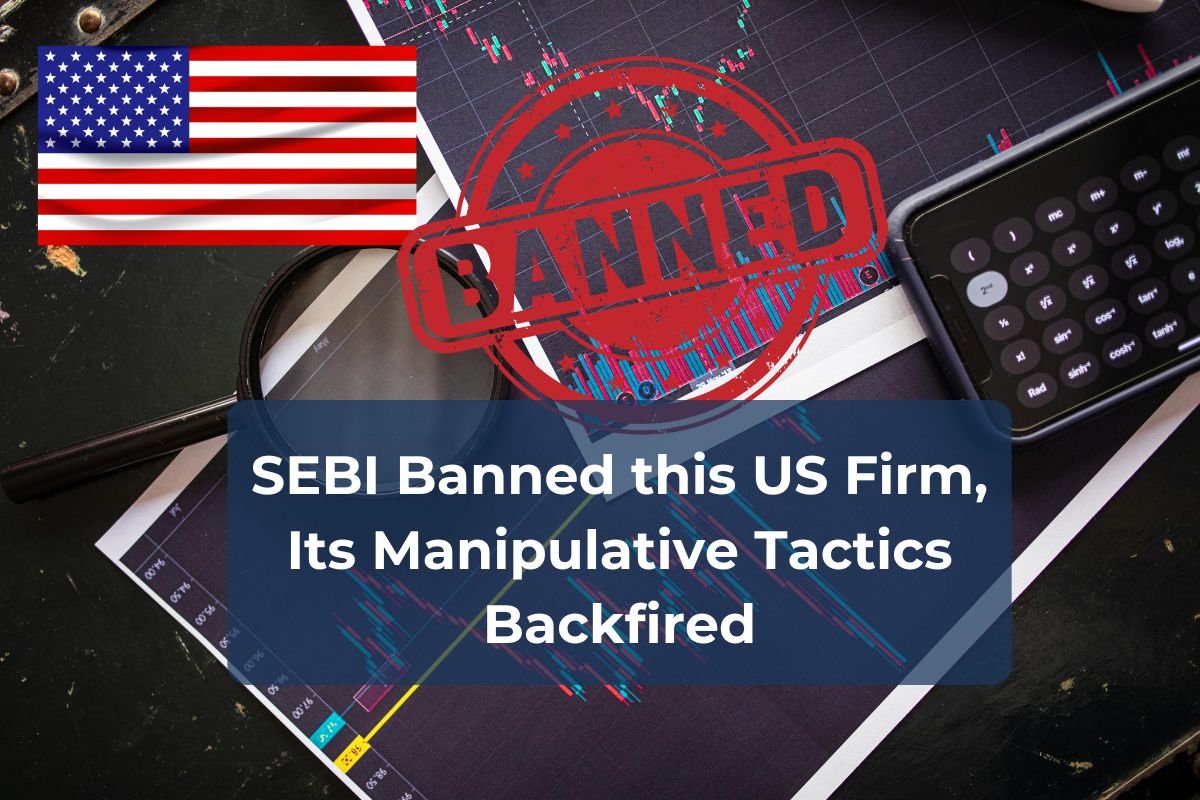SEBI banned Jane Street: The Securities and Exchange Board of India (SEBI) has imposed a ban on four entities of the U.S.-based trading firm Jane Street Group from trading in Indian securities markets.
This action follows a 105-page interim report in which SEBI alleged large-scale manipulation and fraud in the derivatives segment.
“SEBI bans Jane Street” is no longer just a headline, it’s a strong message that such tactics won’t be tolerated in Indian markets.
Expiry Days Targeted for Manipulating Index Levels
According to SEBI’s report, Jane Street used an aggressive strategy on expiry days, trading Bank Nifty and Nifty 50 constituent stocks in bulk.
Specifically, the firm heavily bought these stocks in the morning, pushing the indices upward, and then executed large-scale selling in the afternoon, dragging the market down.
This engineered volatility allowed the firm to earn huge profits from options trading.
Bank Nifty: The Core of the Operation
SEBI identified 18 trading sessions where Jane Street aggressively intervened—15 related to Bank Nifty and 3 to Nifty 50.
The firm manipulated stocks such as HDFC Bank, ICICI Bank, Axis Bank, SBI, Kotak Mahindra Bank, IndusInd Bank, and others by buying in the morning and selling heavily later in the day.
On January 17, 2024, for instance, Jane Street executed trades worth ₹4,370 crore and booked an options profit of ₹673 crore.
Nifty 50 Stocks Were Also Targeted
SEBI found similar patterns during expiry sessions in May 2025 with major Nifty 50 stocks. These included Reliance, Infosys, TCS, HDFC Bank, ITC, L&T, and more.
Jane Street traded across nearly all major Nifty 50 stocks to influence the index and profit from options.
₹36,502 Crore Profit—but at What Cost?
Between January 2023 and March 2025, Jane Street booked a total profit of ₹36,502 crore. Of this, ₹43,289 crore came from index options alone, although the firm faced a cumulative loss of ₹7,687 crore in stock futures, index futures, and the cash segment.
SEBI’s Action: Ban and ₹4,843.5 Crore Recovery
SEBI stated clearly that Jane Street’s activities compromised market integrity and misled thousands of retail derivatives investors. “SEBI bans Jane Street” now stands as a clear warning.
The regulator has barred all four entities of Jane Street Group from Indian markets with immediate effect and has ordered them to deposit ₹4,843.5 crore.
Conclusion: A Victory for Market Transparency
“SEBI bans Jane Street” is not just a regulatory move, it’s a firm stand for market integrity. This case shows that India’s financial watchdog is tightening its grip and reinforcing investor trust.
Global players looking to exploit the Indian market will now think twice before testing regulatory boundaries.







